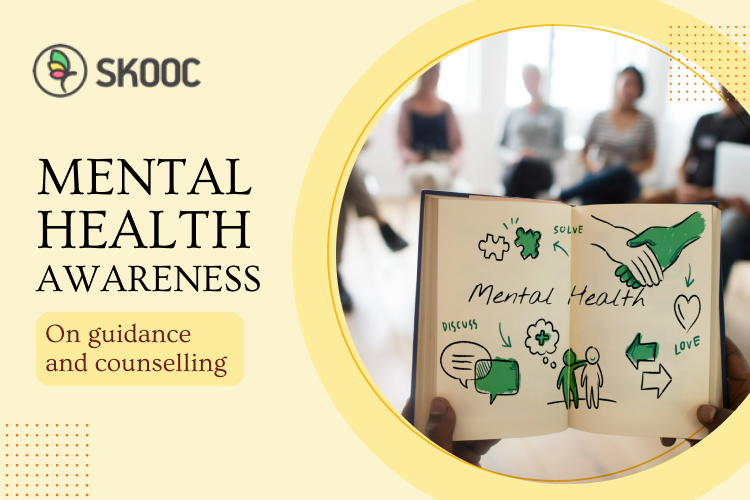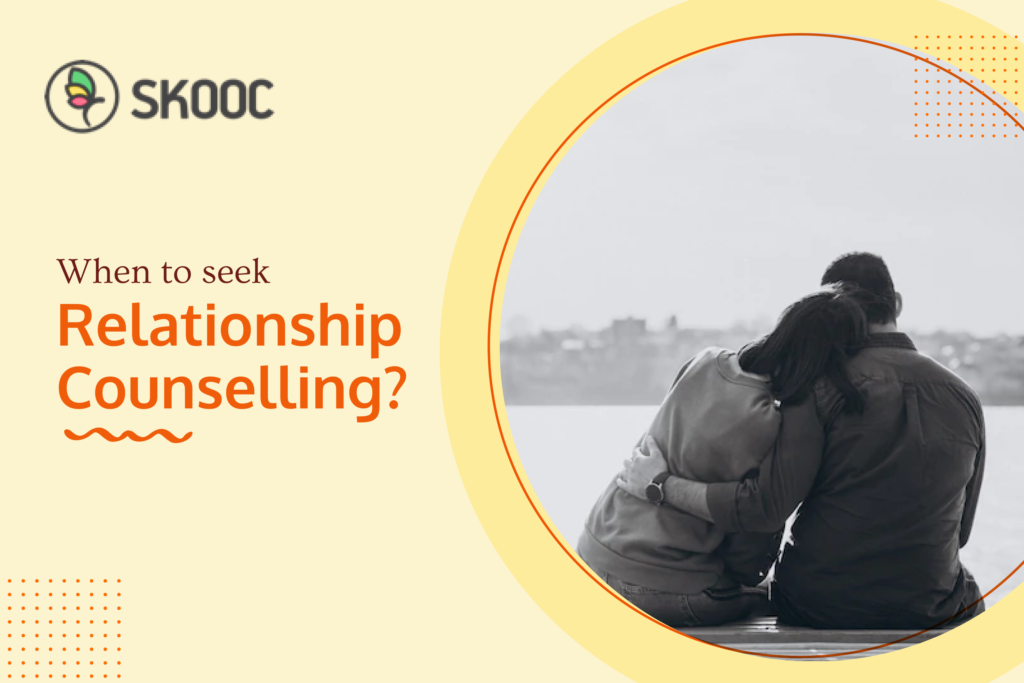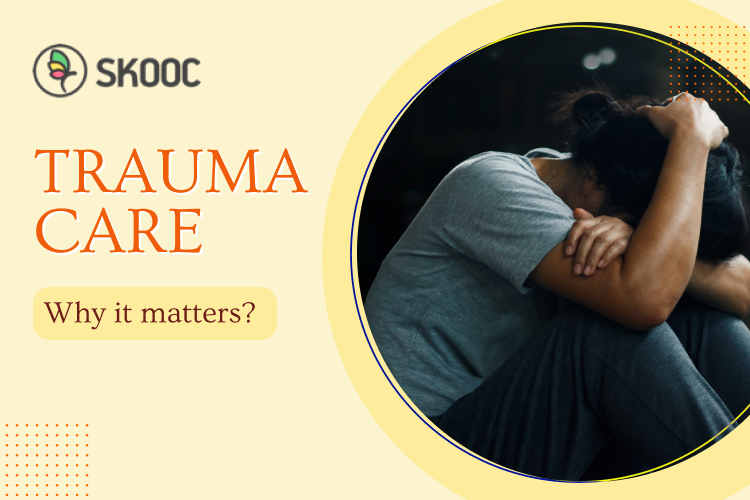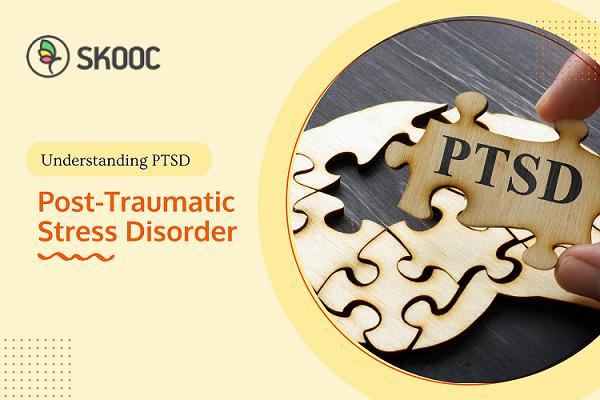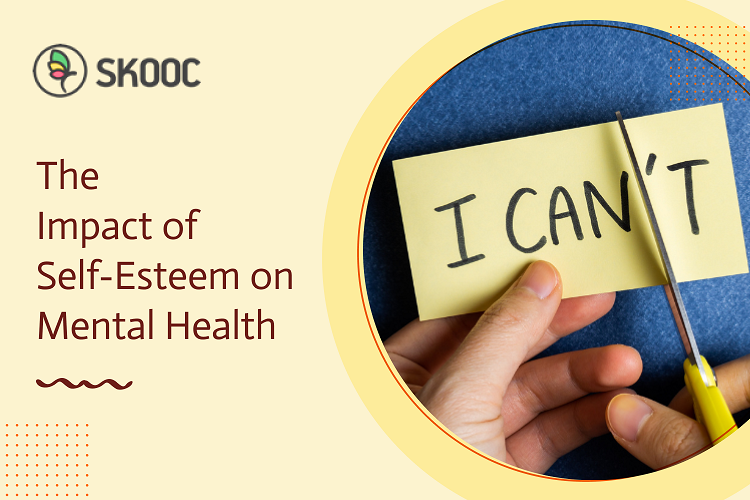
Self-esteem is a fundamental aspect of human psychology that has a profound influence on mental health and well-being. This article will delve into the intricate relationship between self-esteem and mental health, exploring how self-esteem affects our emotional and psychological state. We will also examine the various factors that contribute to self-esteem and the consequences of low self-esteem on mental health. Furthermore, we will discuss strategies for building and maintaining healthy self-esteem and the importance of seeking professional help when needed.
Understanding Self Esteem
To comprehend the connection between self-esteem and mental health, it is essential to define these terms. Self-esteem refers to an individual’s overall evaluation of their self-worth and personal value. It encompasses beliefs and feelings about one’s competence, appearance, and abilities. On the other hand, mental health encompasses emotional, psychological, and social well-being, affecting how we think, feel, and act.
Recognising the importance of mental health is crucial, as it directly influences our overall quality of life. A healthy mental state enables us to cope with daily stressors, form meaningful relationships, and make positive contributions to society.
The Relationship Between Self-Esteem and Mental Health
There is a close interplay between self-esteem and mental health. When individuals possess positive self-esteem, they tend to have better mental well-being and overall life satisfaction. Positive self-esteem enables individuals to embrace their strengths, acknowledge their weaknesses, and maintain a balanced perspective on themselves and their world.
Conversely, individuals with low self-esteem are more susceptible to experiencing mental health issues. Negative self-perception and feelings of inadequacy can lead to various psychological challenges, such as depression, anxiety, and a higher risk of developing eating disorders or engaging in substance abuse.
Factors Influencing Self-Esteem
Self-esteem develops and evolves throughout our lives, influenced by various factors. One of the significant contributors is our childhood experiences and upbringing. How we are raised, the quality of our relationships with caregivers, and the level of emotional support we receive play a pivotal role in shaping our self-perception.
In today’s digital age, social media and societal pressures have also become prominent influencers of self-esteem. Constant exposure to curated representations of success, beauty standards, and social comparison can negatively impact self-perception, leading to feelings of inadequacy and low self-esteem.
Personal achievements and failures also contribute to self-esteem. Accomplishments and recognition can boost self-worth, while setbacks and failures can have the opposite effect. It is crucial to cultivate a healthy balance between personal achievements and self-acceptance to maintain positive self-esteem.
The Effects of Low Self-Esteem on Mental Health
Low self-esteem can have severe consequences on mental health, exacerbating existing conditions and giving rise to new challenges. Individuals with low self-esteem are more susceptible to depression and anxiety disorders. Persistent negative self-talk and self-criticism can lead to a vicious cycle of self-doubt and emotional distress.
Furthermore, low self-esteem is strongly associated with the development of eating disorders. Negative body image and an overwhelming desire to meet societal beauty standards can lead to unhealthy behaviours related to food, leading to an array of physical and mental health complications.
Substance abuse is another potential consequence of low self-esteem. Individuals may turn to drugs or alcohol as a coping mechanism to numb emotional pain, temporarily boost self-confidence, or escape from negative self-perceptions. However, substance abuse further deteriorates mental health and perpetuates a cycle of self-destructive behaviours.
Building and Maintaining Healthy Self-Esteem
Although self-esteem is influenced by various factors, there are strategies individuals can employ to build and maintain a healthy sense of self-worth. Self-reflection and self-awareness are vital components of this process. Engaging in introspection and recognizing one’s strengths and limitations fosters self-acceptance and personal growth.
Practising self-care and self-compassion is another effective way to nurture self-esteem. Engaging in activities that promote well-being, setting boundaries, and treating oneself with kindness and understanding contribute to a positive self-perception.
Surrounding oneself with supportive relationships is equally important. Building connections with individuals who uplift and validate one’s feelings and experiences can provide a strong support system. Social support acts as a buffer against negative self-perceptions and enhances mental well-being.
Seeking Professional Help for Self-Esteem Issues
In some cases, individuals may require professional assistance to address self-esteem issues and their impact on mental health. Therapists and counsellors specialize in guiding individuals through the process of improving self-esteem and developing effective coping mechanisms. They provide a safe and non-judgmental space for individuals to explore their thoughts and emotions.
Support groups and communities are another valuable resource. Connecting with others who have similar experiences fosters a sense of belonging and understanding. Sharing stories, learning from others’ journeys, and receiving support from individuals who can relate to one’s struggles can be incredibly empowering.
Conclusion
In conclusion, self-esteem and mental health share a complex and intertwined relationship. Positive self-esteem contributes to mental well-being, while low self-esteem can lead to various mental health issues. Individuals must prioritize self-esteem by nurturing self-acceptance, engaging in self-care, and surrounding themselves with supportive relationships. Seeking professional help when needed is also essential to address self-esteem issues and promote overall mental health.
